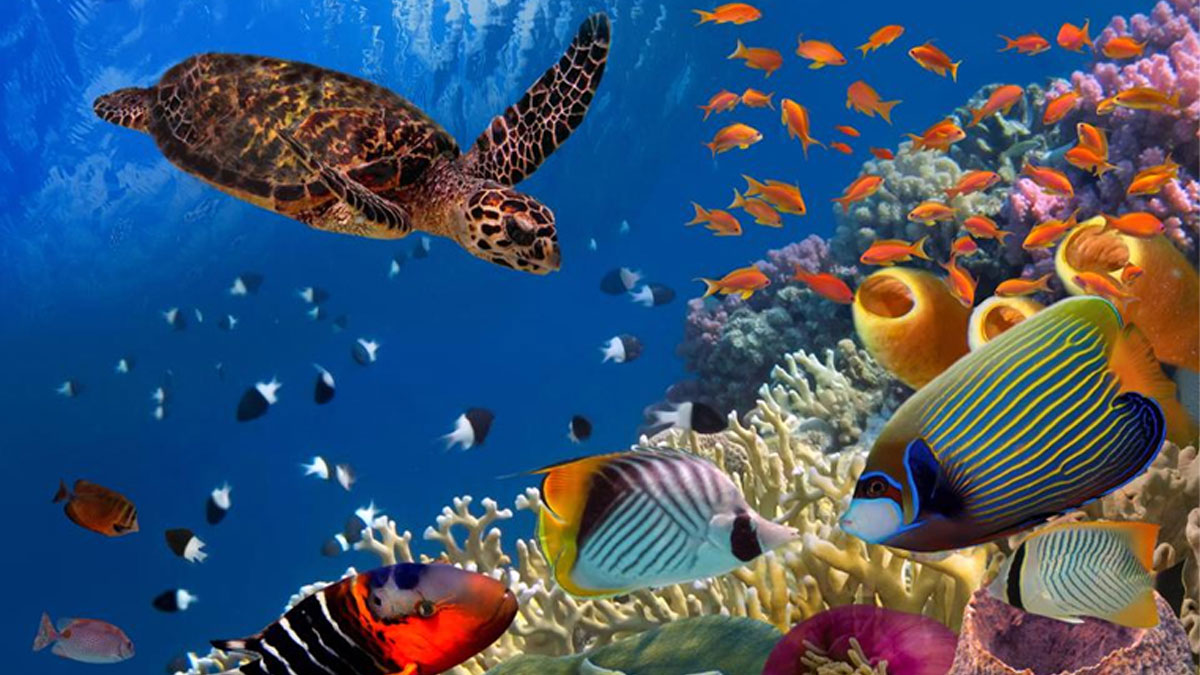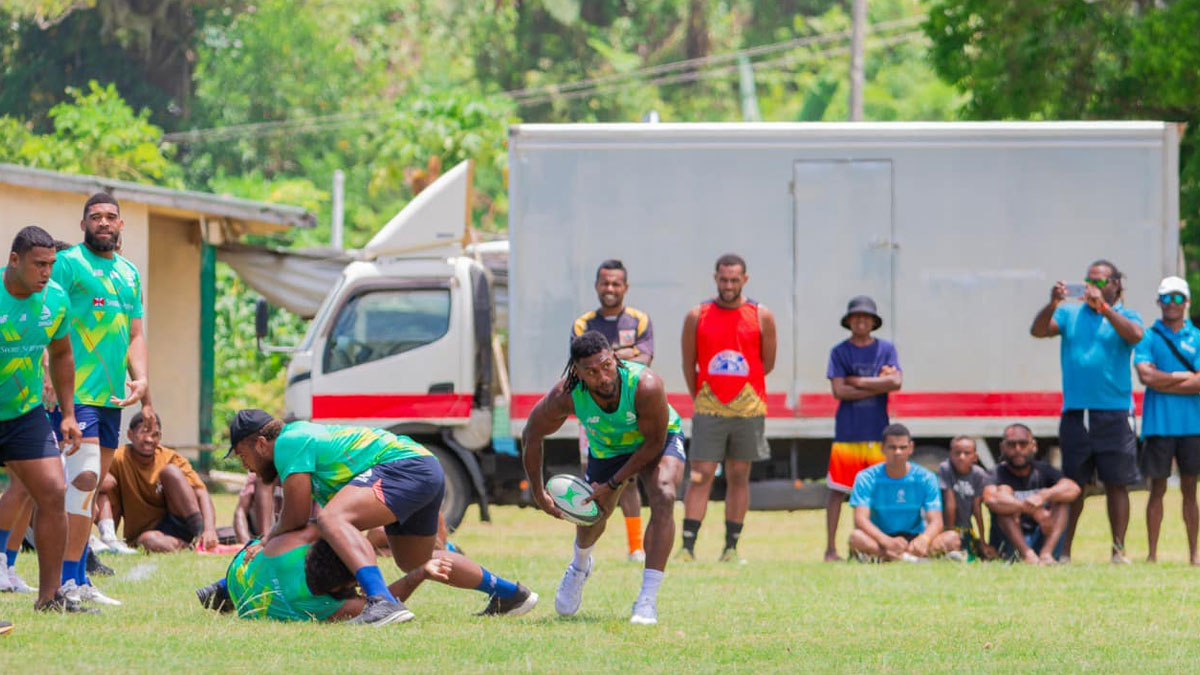
Traditional knowledge and skills, as well as marine culture and local wisdom have been proven over the centuries for their contribution to realizing a clean, healthy, and sustainable coastal and marine environment.
Archipelagic and Island State Forum Director General, Tri Tharyat highlighted this during the Ocean Culture and Traditional Knowledge discussions at the Penninsula Hotel.
He says the invaluable knowledge that has been passed down through generations encompass fishing techniques, ocean ecological insights, resource management strategies, and conservation practices.
Tharyat says through years of experience, the local communities have developed techniques, ecological understanding, resource management systems, and conservation practices that contribute to the preservation of marine ecosystems.
University of the South Pacific Marine Economist, Jack Dyer says the damages caused by plastic pollution have continued to grow rapidly with the amount of plastic estimated to be in the ocean to be around 75 to 199 million tonnes.
Dyer says with the damages being identified in the ocean, youth need to learn from their elders the ways to identify what they need to do to protect the marine life.
Meanwhile, participants also discussed the importance of stewardship as it gives direction and the careful responsible management of marine life.
They also noted that that the ocean is affected by illegal fishing, unregulated and unreported fishing, climate change, over fishing, acidification, pollution, fisheries subsidies and bycatch.
Stay tuned for the latest news on our radio stations


